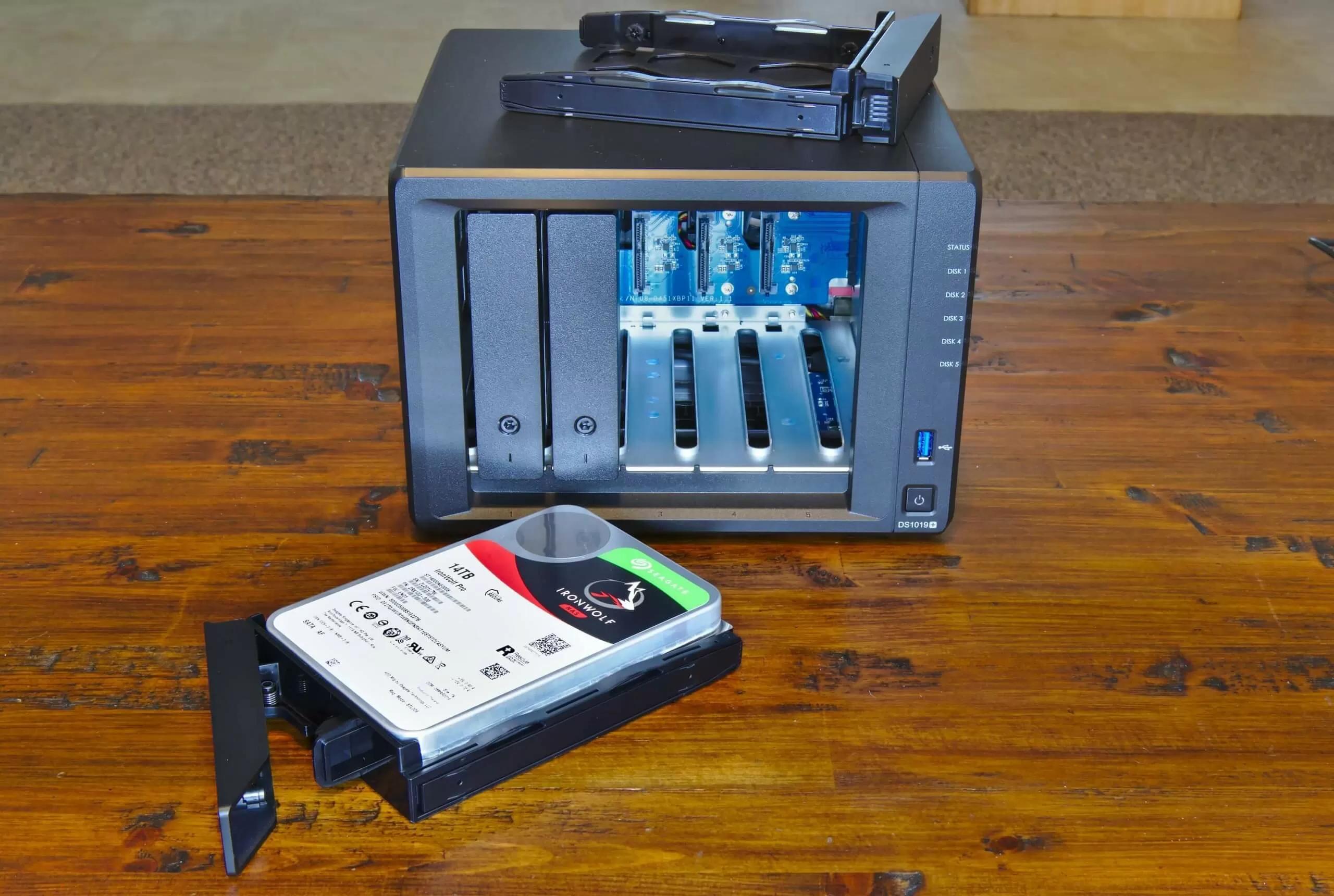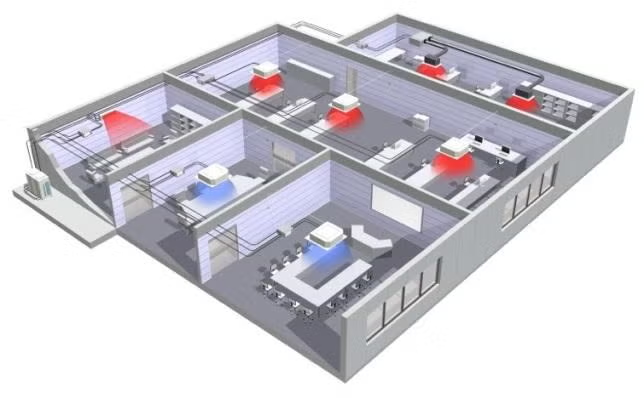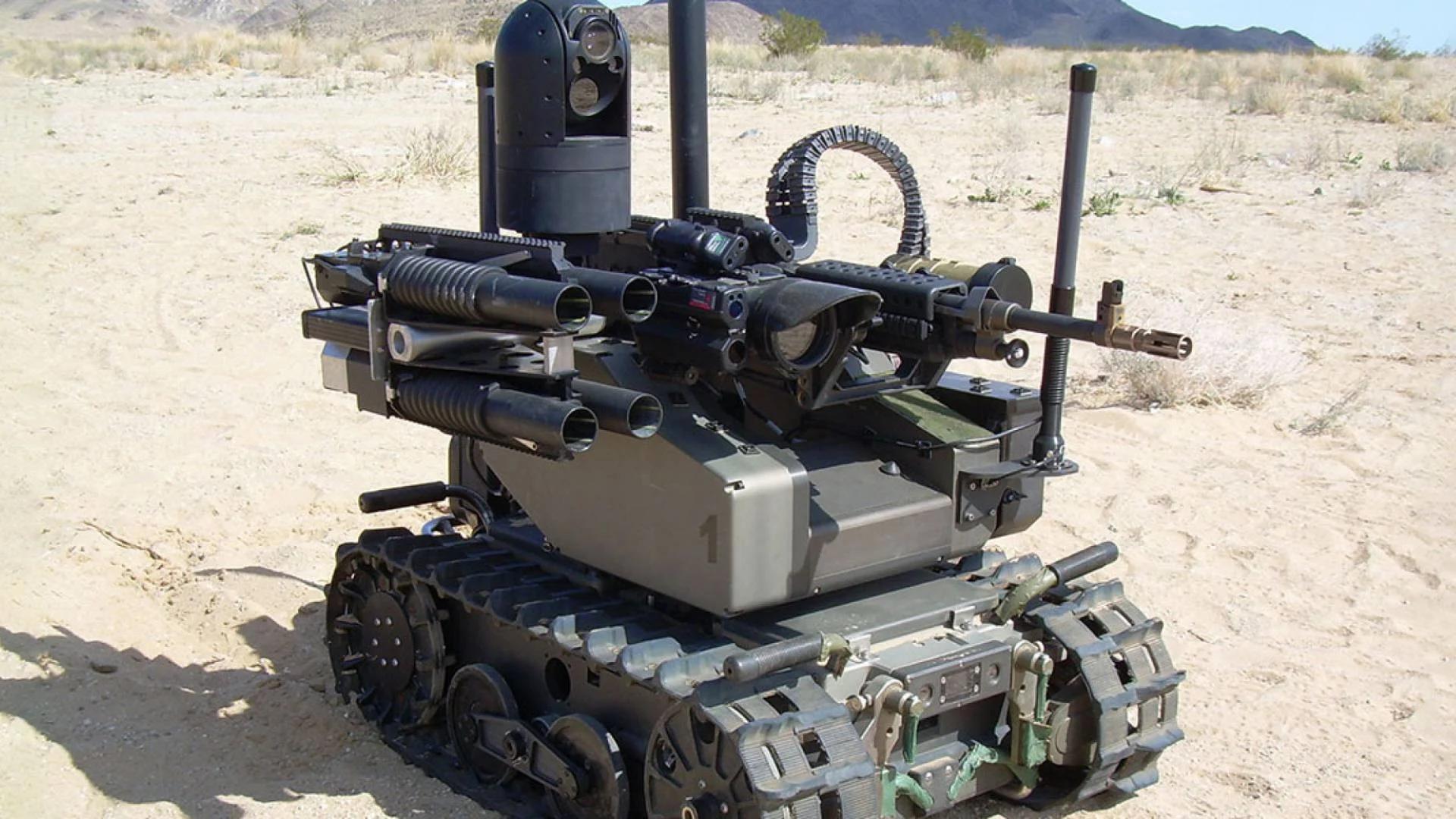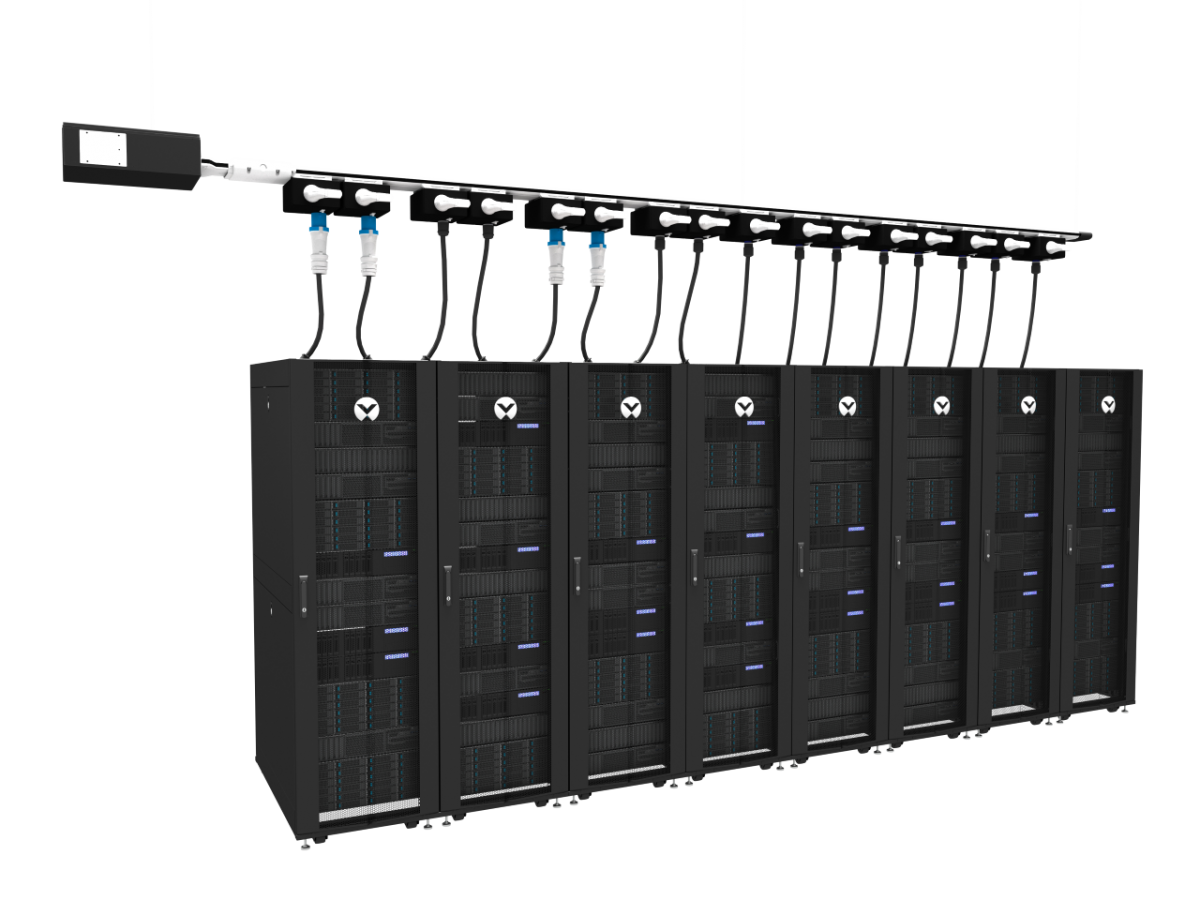
The global Network Attached Storage (NAS) Market size is predicted to reach USD 83.65 billion by 2030 with a CAGR of 20% from 2025-2030. The Network Attached Storage (NAS) market is experiencing a remarkable surge in 2025, driven by the increasing demand for data storage, advancements in cloud integration, and the growing need for secure, scalable solutions across industries. As businesses and individuals generate unprecedented volumes of data, NAS devices are becoming essential for efficient storage, management, and accessibility. This article explores the latest developments fueling the global NAS market, drawing on recent trends and innovations to highlight why this sector is thriving.
Download FREE Sample: https://www.nextmsc.com/network-attached-storage-market-ep3216/request-sample
Rising Data Volumes and Enterprise Needs
The exponential growth of data is a primary driver of the NAS market. Businesses across sectors like healthcare, finance, and media are grappling with massive datasets, necessitating robust storage solutions. NAS systems, which provide centralized storage accessible over a network, are ideal for managing this data deluge. They offer scalability, allowing enterprises to expand storage capacity as needed, and support collaborative workflows by enabling multiple users to access files simultaneously.
Recent industry reports highlight that enterprises are increasingly adopting NAS for its cost-effectiveness and ease of integration with existing IT infrastructure. Small and medium-sized enterprises (SMEs), in particular, are turning to NAS to streamline operations, from file sharing to automated backups. The rise of remote work and hybrid office models in 2025 has further amplified demand, as NAS systems enable secure data access from multiple locations, ensuring business continuity.
Advancements in NAS Technology
Technological innovations are transforming the NAS market. In 2025, manufacturers are launching devices with enhanced performance, such as UGREEN’s NASync DH Series, which utilizes ARM-based processors for improved efficiency and speed. These advancements cater to both consumer and enterprise needs, offering features like high-speed data transfer, RAID configurations for redundancy, and support for 4K media streaming. The integration of AI-driven management tools is also gaining traction, enabling predictive maintenance and optimized resource allocation.
Cloud integration is another game-changer. Hybrid NAS solutions, which combine on-premises storage with cloud backups, are becoming popular for their flexibility and security. Companies like Synology and QNAP are introducing models with seamless cloud connectivity, allowing users to sync data with platforms like AWS and Google Cloud. This hybrid approach addresses concerns about data sovereignty while providing the scalability of cloud storage, making NAS systems a cornerstone of modern data strategies.
Growing Consumer Adoption
The consumer segment is a significant growth driver for the NAS market. With the proliferation of smart devices, home users are generating vast amounts of data, from photos and videos to IoT sensor outputs. NAS devices offer a user-friendly solution for storing and accessing this data, often with features like media streaming and remote access via mobile apps. In 2025, the popularity of home NAS systems is surging, driven by the need for personal cloud solutions that avoid recurring subscription costs associated with public cloud services.
Recent product launches, such as compact NAS devices designed for home use, are catering to this demand. These systems are easy to set up, energy-efficient, and equipped with intuitive interfaces, making them accessible to non-technical users. The trend is particularly strong in tech-savvy markets like Europe and North America, where consumers are prioritizing data privacy and control.
Inquire Before Buying: https://www.nextmsc.com/network-attached-storage-market-ep3216/inquire-before-buying
Security Concerns and Solutions
Data security remains a critical concern, especially following high-profile breaches like the Co-op cyber-attack in the UK, which compromised millions of users’ data. NAS systems are addressing these concerns with advanced security features, including end-to-end encryption, multi-factor authentication, and ransomware protection. Manufacturers are also incorporating real-time threat detection and automated backup solutions to safeguard data against cyber threats.
The focus on security is particularly relevant for SMEs, which often lack dedicated IT teams. NAS devices with built-in security protocols provide an affordable way to protect sensitive information. Recent advancements include firmware updates to address vulnerabilities and integration with enterprise-grade security software, ensuring compliance with regulations like GDPR.
Government and Industry Support
Government initiatives and industry trends are bolstering the NAS market. In regions like Asia-Pacific, government investments in digital infrastructure are driving demand for data storage solutions. For example, India’s Digital India program is encouraging businesses to adopt technologies like NAS to support data-driven decision-making. Similarly, the EU’s focus on data sovereignty is pushing organizations to invest in on-premises storage solutions like NAS to comply with stringent regulations.
The automotive sector’s shift toward connected vehicles is another growth factor. NAS systems are being used to store and process data from vehicle sensors, supporting applications like autonomous driving and fleet management. The global push for smart cities is also creating opportunities, as NAS devices are deployed for managing data from IoT networks and surveillance systems.
Challenges Facing the Market
Despite its growth, the NAS market faces challenges. Supply chain disruptions, particularly for semiconductors and storage drives, could impact production and availability. The reliance on imported components remains a concern, though manufacturers are exploring localized production to mitigate risks. Additionally, the complexity of managing large-scale NAS deployments can be a barrier for SMEs with limited technical expertise.
Competition from cloud storage providers is another challenge. While NAS offers advantages like one-time costs and data control, public cloud services are appealing for their scalability and ease of use. Manufacturers are countering this by enhancing hybrid NAS solutions and emphasizing long-term cost savings.
Opportunities for Expansion
The NAS market is poised for continued growth, with opportunities in emerging sectors like edge computing. As IoT devices proliferate, NAS systems are being deployed at the edge to process data locally, reducing latency and bandwidth costs. The rise of 5G networks is also creating opportunities, as faster connectivity enhances the performance of NAS systems for real-time applications.
The festive season in late 2025 is expected to drive consumer NAS sales, with retailers offering promotions to capitalize on demand. Additionally, the growing adoption of NAS in education, spurred by initiatives like India’s IGNOU program, is creating new use cases for managing academic data and online learning platforms.
Conclusion
The global Network Attached Storage market is booming in 2025, driven by rising data volumes, technological advancements, and increasing consumer and enterprise adoption. Innovations like ARM-based processors, hybrid cloud integration, and enhanced security features are making NAS systems more versatile and appealing. While challenges like supply chain constraints and cloud competition persist, the market’s alignment with digital transformation and sustainability goals ensures a strong growth trajectory. As NAS continues to evolve, it is set to play a pivotal role in managing the world’s ever-growing data needs, empowering businesses and individuals alike.




















Write a comment ...